Table of Contents
- Yuan Currency Symbol
- Chinese Yuan Renminbi Currency Background Stock Photo - Image of ...
- Renminbi / Yuan - Exchange Rates
- Renminbi hi-res stock photography and images - Alamy
- China’s yuan takes first big swing in wider band
- China Yuan Currency 11195916 PNG
- Chinese yuan currency symbol 3D model - TurboSquid 1685262
- Chinese currency explained - The difference between onshore and ...
- Selection of Chinese yuan renminbi notes. The yuan or renminbi currency ...
- Chinese renminbi yuan - currency | Flags of countries
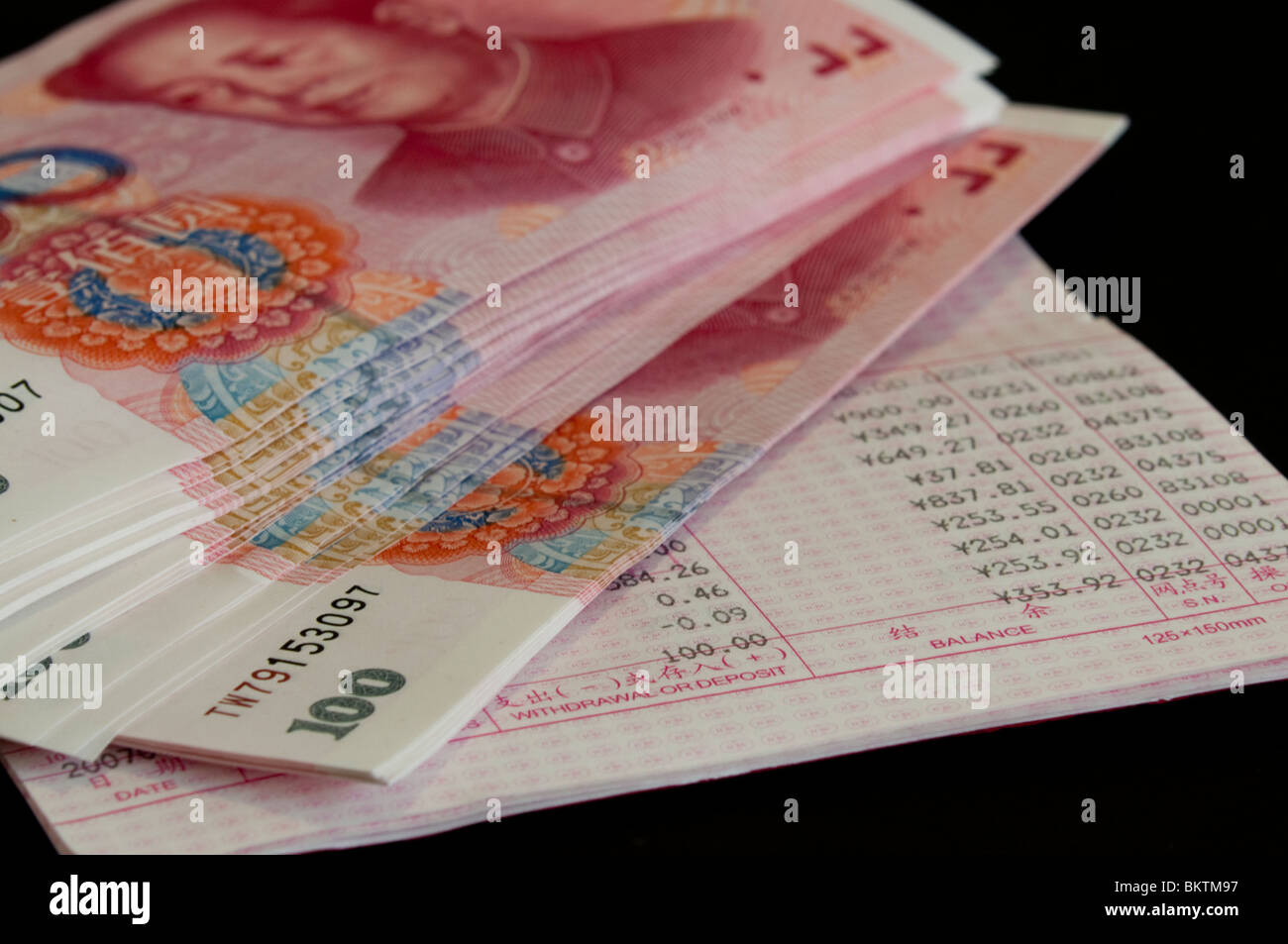
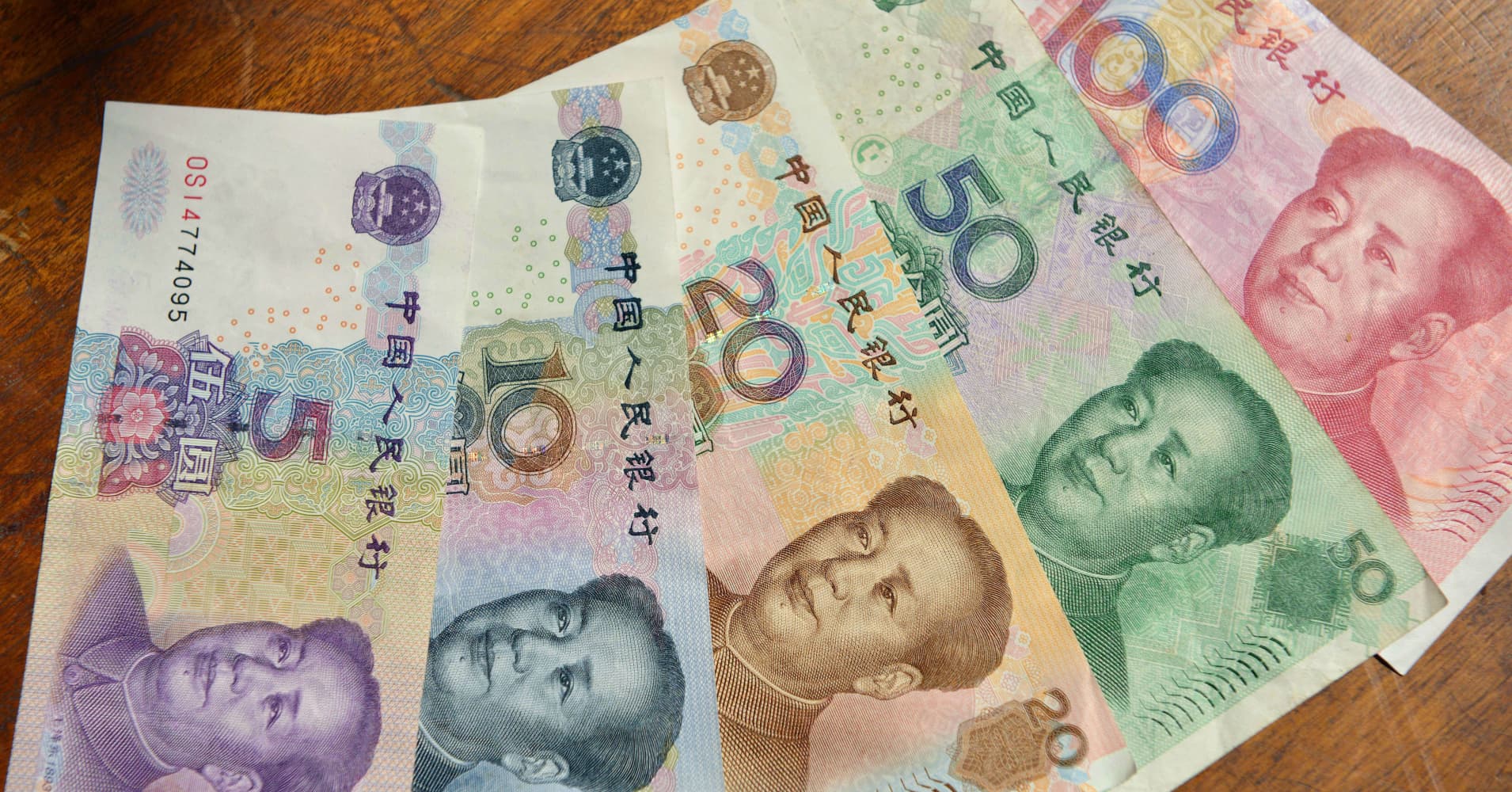
China's official currency is the Renminbi (RMB), also commonly referred to as the Chinese Yuan (CNY). The term "Renminbi" translates to "people's currency" in Mandarin, while "Yuan" is the unit of account. To avoid confusion, it's worth noting that RMB and Chinese Yuan are often used interchangeably, but technically, RMB refers to the currency as a whole, while Yuan is the basic unit of the currency.
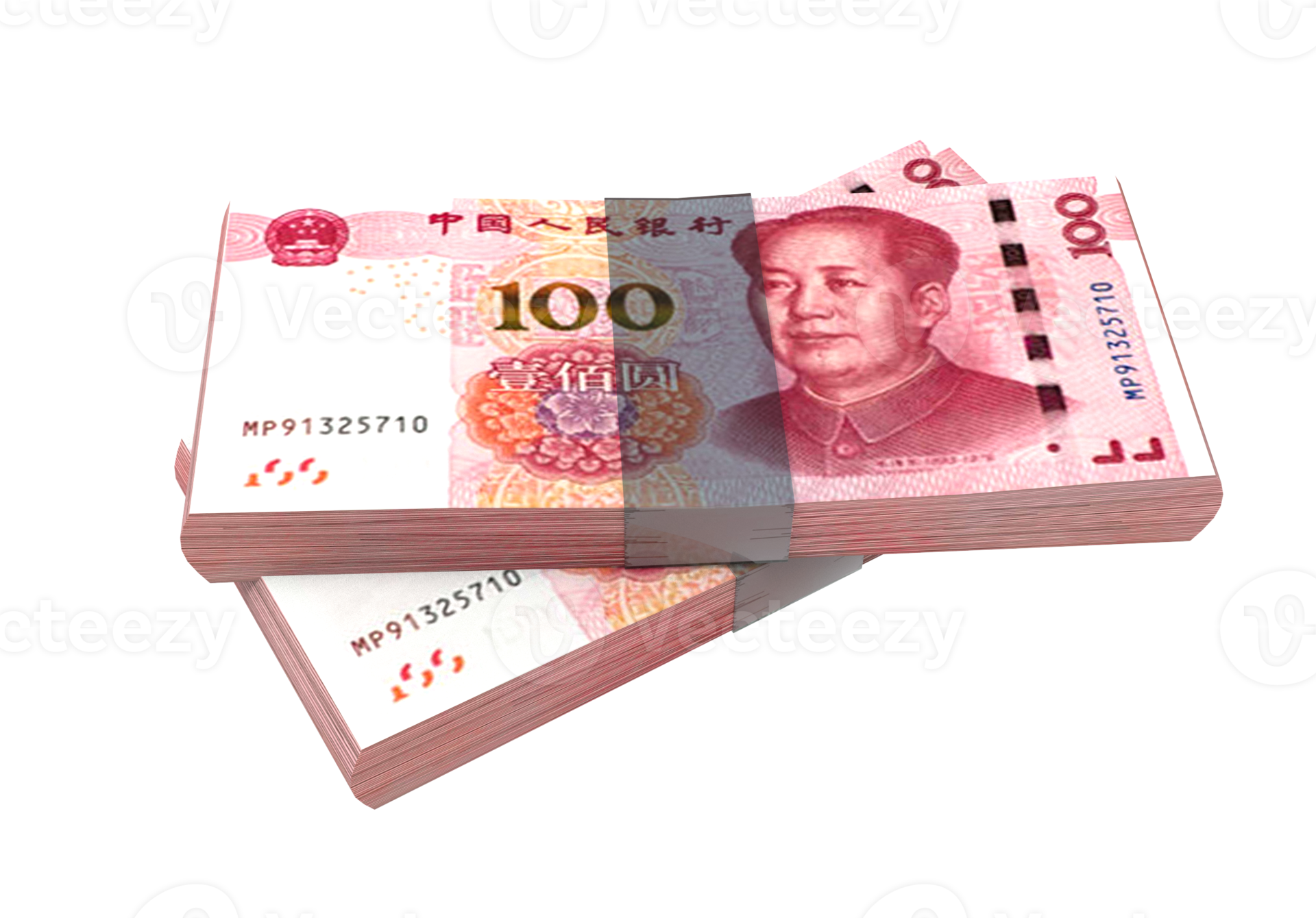
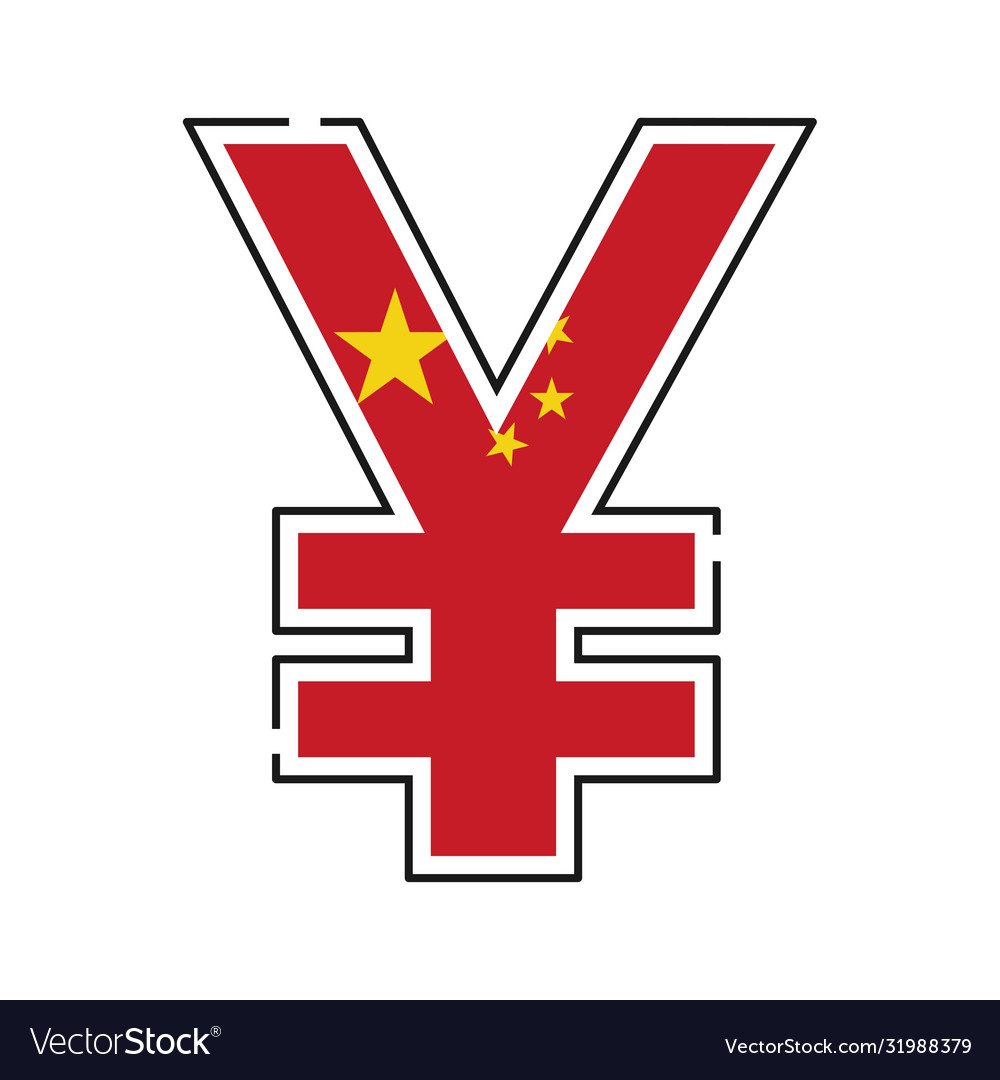
Chinese Currency Denominations

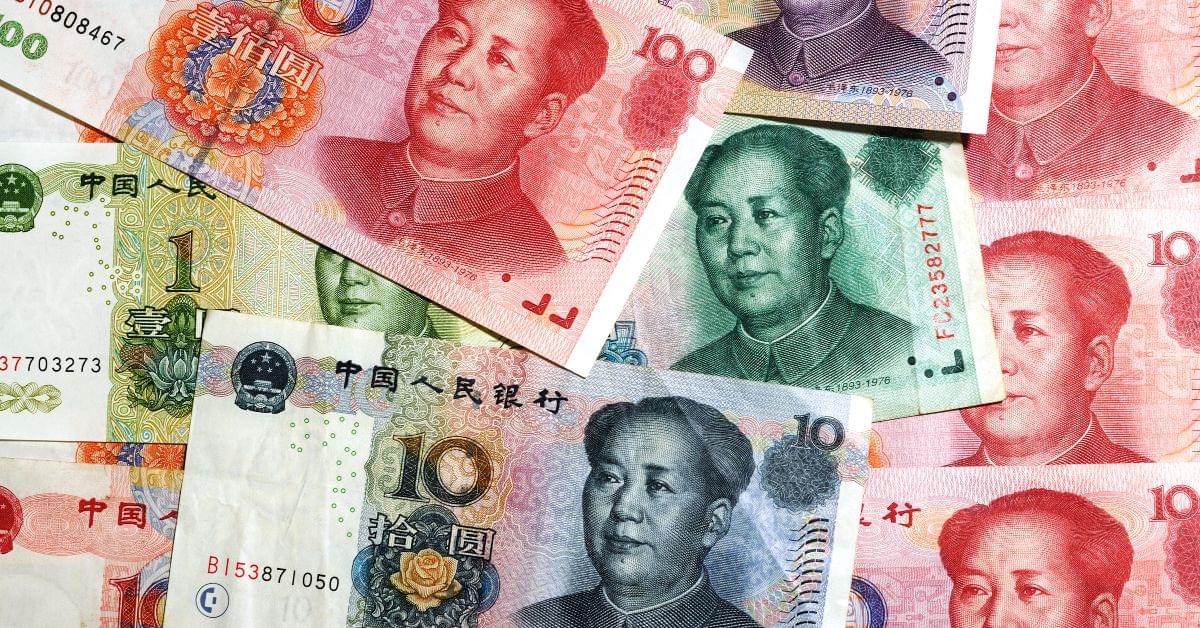
- Banknotes: 1, 5, 10, 20, 50, and 100 Yuan
- Coins: 1, 5, and 10 Jiao (1 Jiao = 0.1 Yuan), and 1 Yuan

It's worth noting that counterfeit currency is a problem in China, so it's essential to be aware of the security features of genuine banknotes and coins to avoid accepting fake currency.

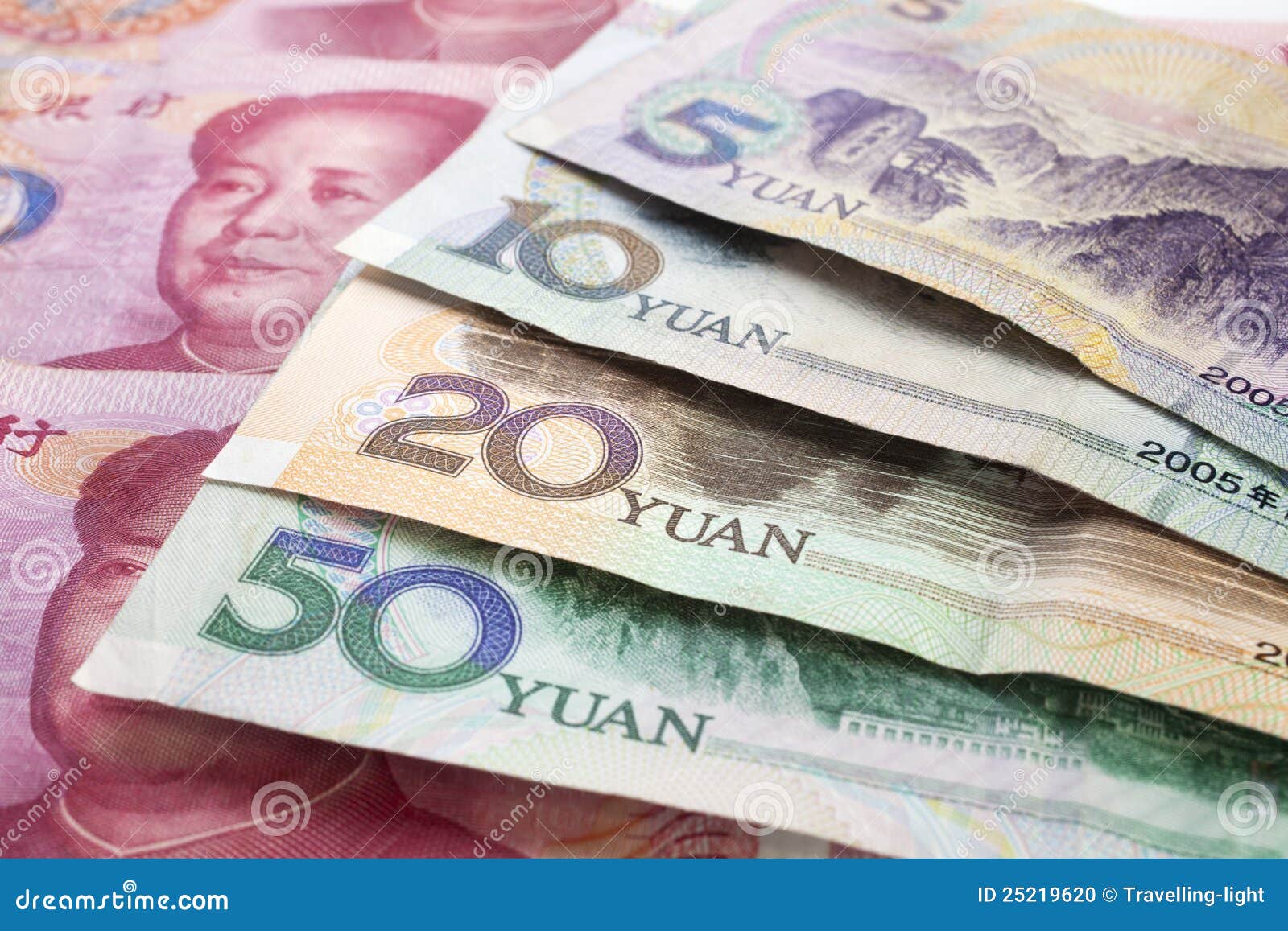
Money Exchange in China
When traveling to China, you can exchange your money for RMB at various locations, including:- Banks: Major banks like Bank of China, Industrial and Commercial Bank of China, and China Construction Bank offer currency exchange services.
- Foreign Exchange Offices: Specialized foreign exchange offices, such as Travelex, can be found at airports, hotels, and major tourist areas.
- ATMs: Withdrawing RMB from ATMs using your debit or credit card is a convenient option, but be aware of potential fees and exchange rate differences.
- Hotels: Many hotels offer currency exchange services, but the rates may not be as favorable as those offered by banks or foreign exchange offices.
It's recommended to exchange your money at banks or foreign exchange offices to get the best rates. Additionally, having some local currency with you when arriving in China can be helpful for transportation and initial expenses.

Tips for Travelers
To make the most of your trip to China, keep the following tips in mind:- Inform your bank: Let your bank know that you will be traveling to China to avoid any transaction restrictions.
- Have local currency: Exchange some money for RMB before arriving in China or withdraw it from an ATM to cover initial expenses.
- Use reputable exchange services: Avoid exchanging money on the street or with unauthorized vendors to minimize the risk of counterfeit currency or unfavorable exchange rates.
- Keep receipts: Keep receipts for any currency exchange transactions, as you may need them to exchange RMB back to your home currency when leaving China.
In conclusion, understanding Chinese currency and money exchange is essential for a smooth and enjoyable trip to China. By being aware of the differences between RMB and Chinese Yuan, and knowing where and how to exchange your money, you can focus on exploring the rich culture, history, and natural beauty that China has to offer.
For more information on traveling in China, including guides on transportation, accommodation, and attractions, visit TravelChinaGuide. With our expert advice and insider knowledge, you'll be well-prepared for an unforgettable adventure in China.